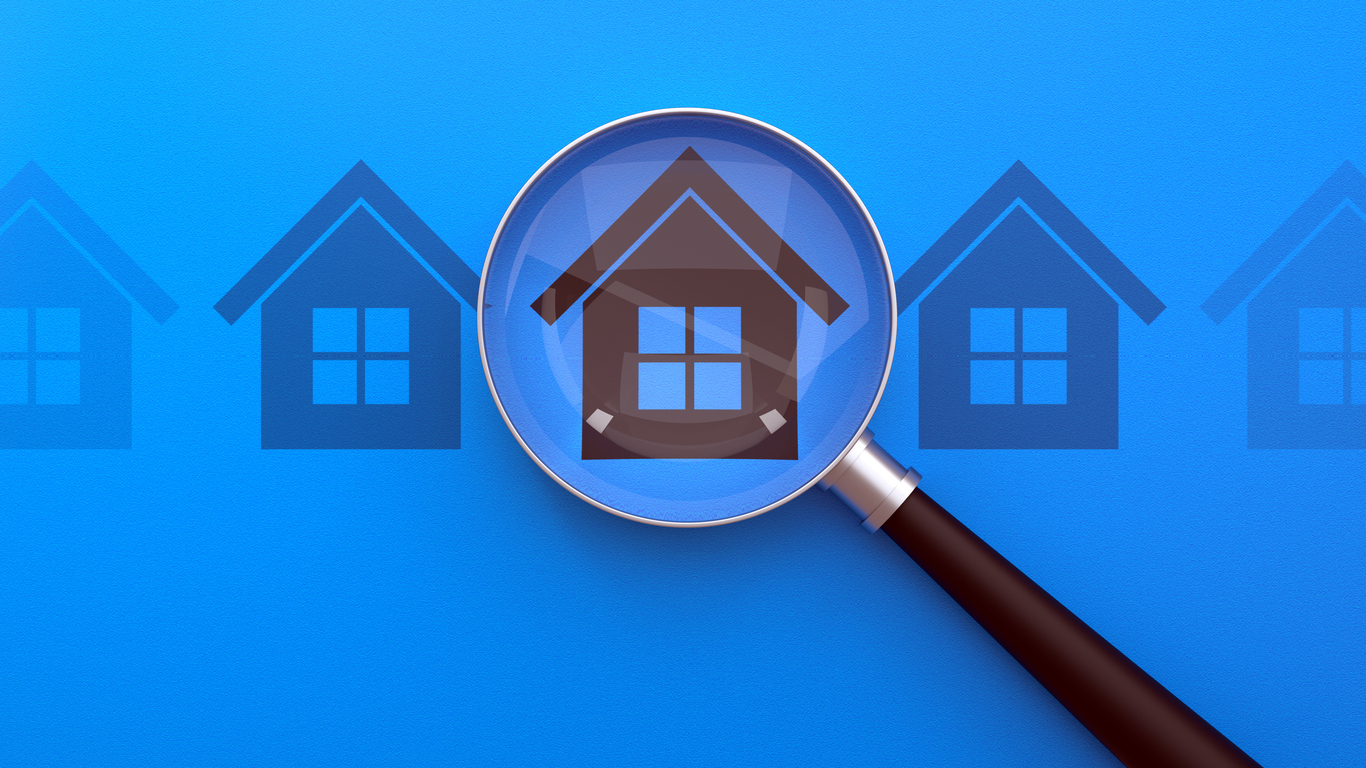Ombudsman urges the sector to overcome its ‘complacency’ towards dealing with hazards ahead of Awaab’s Law introduction
11 December 2024
Ombudsman urges the sector to overcome its ‘complacency’ towards dealing with hazards ahead of Awaab’s Law introduction

The Housing Ombudsman has released its latest ‘learning from severe maladministration’ report, focusing on hazards that it sees in its casework ahead of the introduction of Awaab’s Law.
With the important role that social housing has to play in giving safe and secure housing to millions, the learning in these reports should help landlords provide effective services that protect this aspiration.
The report is set out by hazard category, sometimes multiple, and show the significant harm that can be caused when hazards are not identified and then dealt with effectively. Hazards covered include contaminated water supply, risk of falls, unsafe electrics as well as damp and mould.
In one case, a landlord failed to deal with a pest infestation, leaving dead rats and an awful smell in the home, despite conducting a home condition survey during this time which found there were no issues present. In another case, in which the landlord failed to deal with a carbon monoxide leak or consider the impact this could have on other residents in the block.
In other cases, children were living in a home with exposed electrical wires or holes in the floor large enough to fall through.
Landlords highlighted in this report are:
- Anchor Hanover
- Camden Council
- Clarion
- Curo Group
- Islington Council
- L&Q
- Longhurst Group
- Metropolitan Thames Valley
- North Northamptonshire Council
- Onward Homes
- Peabody
- Platform Housing Group
- Silva Homes
- Southern Housing Group
Learning from severe maladministration report
Richard Blakeway, Housing Ombudsman, said: “Landlords do vital work to provide good homes to millions of people, but these cases also reveal challenges.
“Despite the seriousness of the failings identified in this report, hazards can go unresolved for months and years. In several cases, repairs were unresolved at the point of the Ombudsman’s decision and in one case the landlord mishandled a local authority’s improvement notice.
“This shows a degree of complacency when responding to hazards, which is alarming given the statutory framework has been in place for 20 years.
“A fundamental flaw in the sector’s approach is a failure to risk assess and triage cases effectively. Several landlords have told us in response to this report that triaging has been introduced. This is welcome but long overdue – and all landlords should consider adopting triaging.
“Landlords may not have an explicit reference to hazards in relevant repair policies and opportunities can be missed to address hazards when re-letting properties.”
“Therefore, right now landlords should be assuring themselves they can deliver robust action on hazards and doing so will make them better prepared for Awaab’s Law.
“Our report offers practical lessons for landlords. It raises questions over oversight, monitoring, records and good communication. It challenges why landlords do not connect the dots between a hazard in one property and others in a block. It tests whether landlords have the right approach to temporary moves, which can be deferred because of cost but leaving the resident at risk. It also focuses on trust and access issues.
“Taking action on these lessons will help landlords deliver that basic human right of a warm, safe and decent home.”
